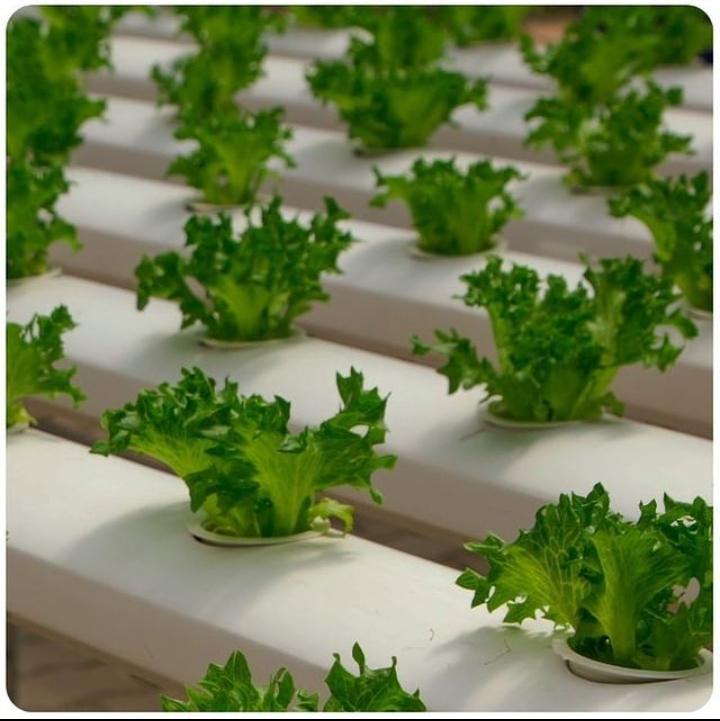What is the Hydroponics?
Here are 25 benefits of hydroponic farming:
1. Water Conservation: Hydroponic systems use significantly less water compared to traditional soil-based farming.
2. Space Efficiency: Hydroponics allows for vertical and compact farming, maximizing land use.
3. Higher Crop Yields: Controlled environments optimize plant growth, leading to increased yields.
4. Year-Round Production: Hydroponics enables continuous cultivation regardless of seasonal limitations.
5. Reduced Pest and Disease Risks: Soilless environments minimize the risk of soil-borne pathogens.
6. No Soil Erosion: Hydroponics eliminates erosion concerns as there is no need for soil cultivation.
7. Faster Growth: Plants often grow faster in hydroponic systems due to constant access to nutrients.
8. Consistent Quality: Controlled conditions lead to consistent and superior crop quality.
9. Nutrient Control: Precise nutrient management ensures plants receive the optimal balance for growth.
10. Energy Efficiency: High-tech hydroponic setups can be designed for energy-efficient operations.
11. Reduced Weeding: Soilless systems eliminate the need for regular weeding.
12. No Chemical Runoff: Hydroponics reduces the risk of chemical runoff polluting water sources.
13. Less Labor-Intensive: Automated hydroponic systems can reduce the need for manual labor.
14. Soil Reclamation: Hydroponics can be practiced in areas with poor soil quality or contaminated land.
15. Reduced Pesticide Use: Integrated pest management is more feasible in controlled environments.
16. Urban Farming: Hydroponics enables farming in urban areas and on rooftops.
17. Resource Recycling: Nutrient solutions can be recycled, reducing waste.
18. Customized Environments: Tailored setups can meet specific plant requirements for optimal growth.
19. Crop Diversification: Various crops can be grown simultaneously in the same system.
20. Reduced Water Pollution: Hydroponics minimizes the release of agricultural chemicals into water sources.
21. Scalability: Hydroponic farms can be easily expanded or downsized based on demand.
22. Food Security: Hydroponics helps enhance food production and reduce reliance on imports.
23. Climate Resilience: Controlled environments protect crops from extreme weather events.
24. Minimal Land Disruption: Hydroponics can be implemented without extensive land clearing.
25. Educational Value: Hydroponics offers an opportunity for learning and research in agricultural practices.
These benefits demonstrate the potential of hydroponic farming to contribute to sustainable agriculture and food production.




No comments:
Post a Comment